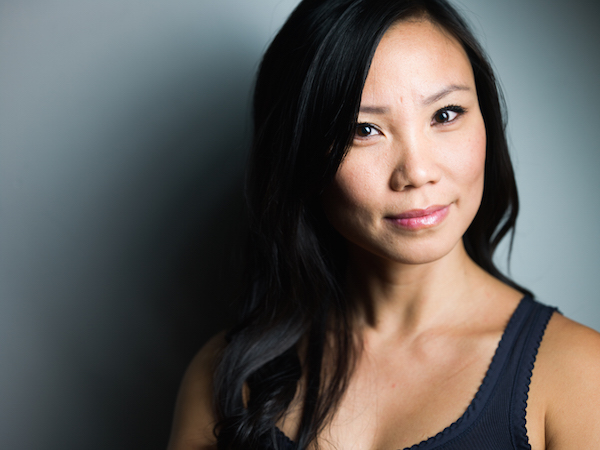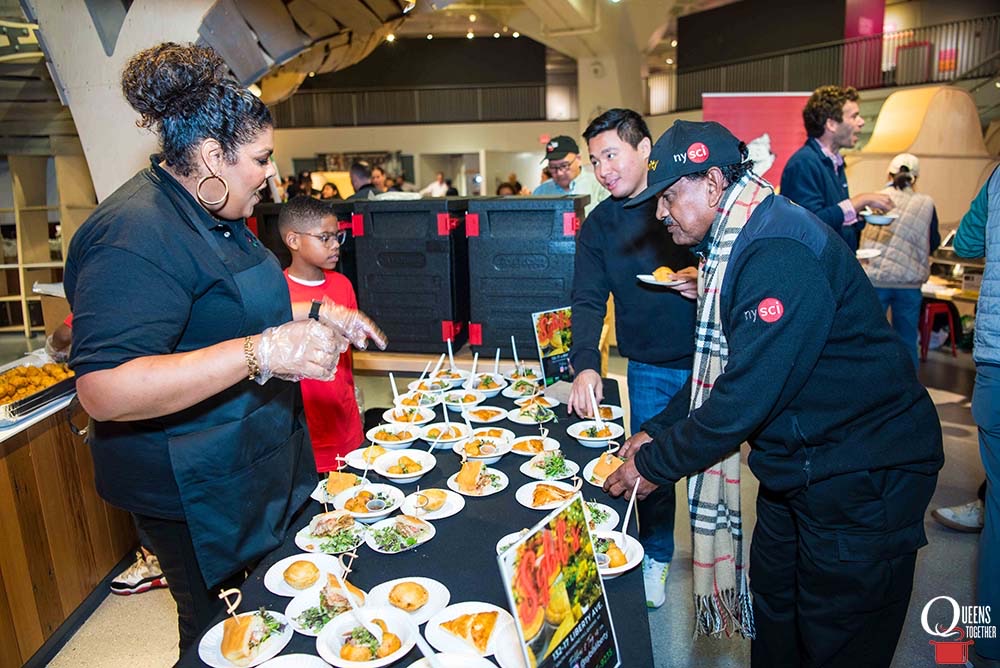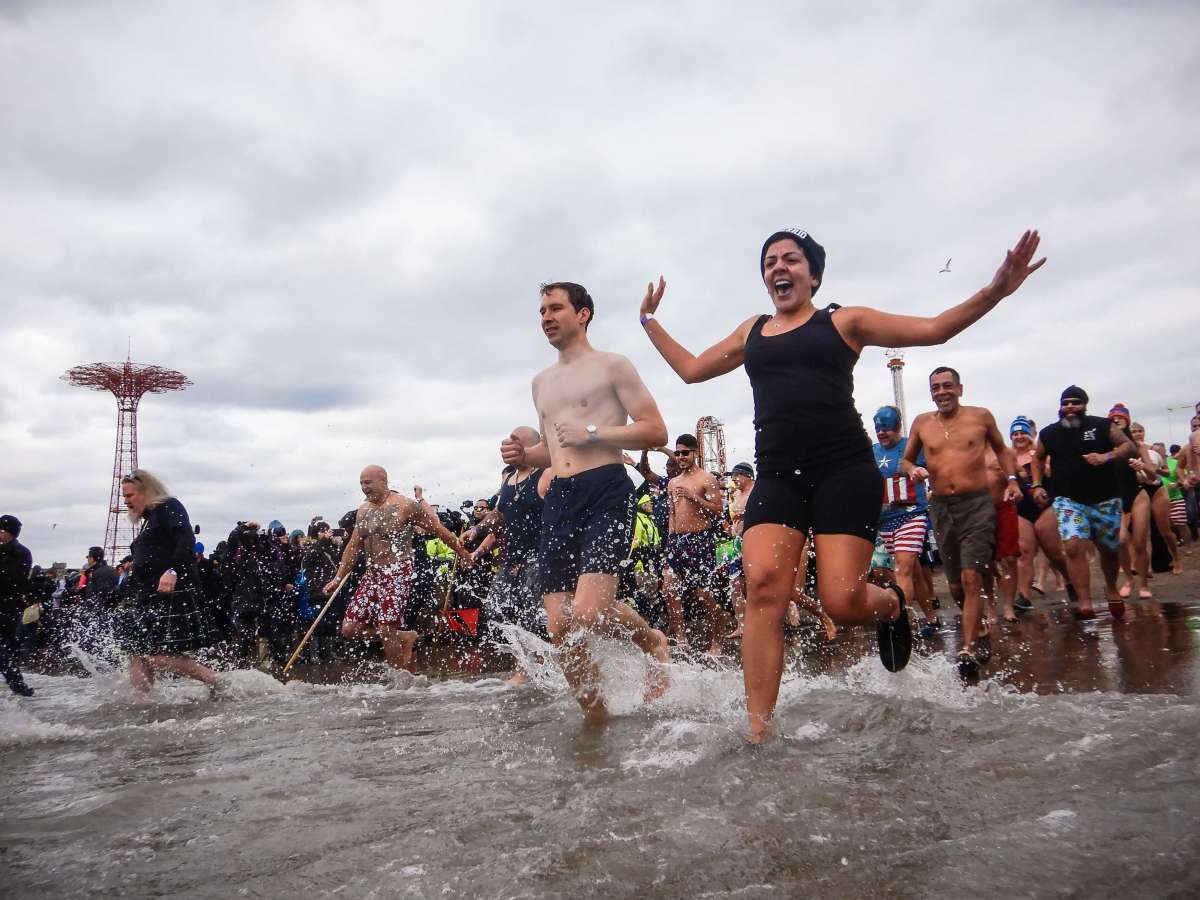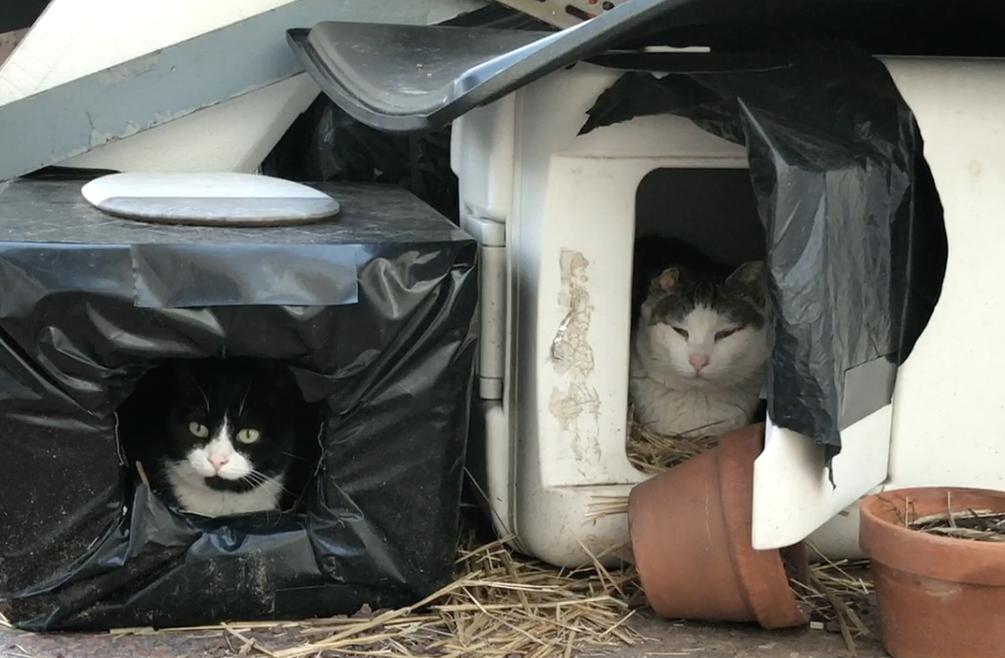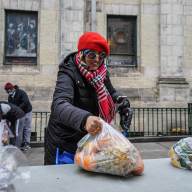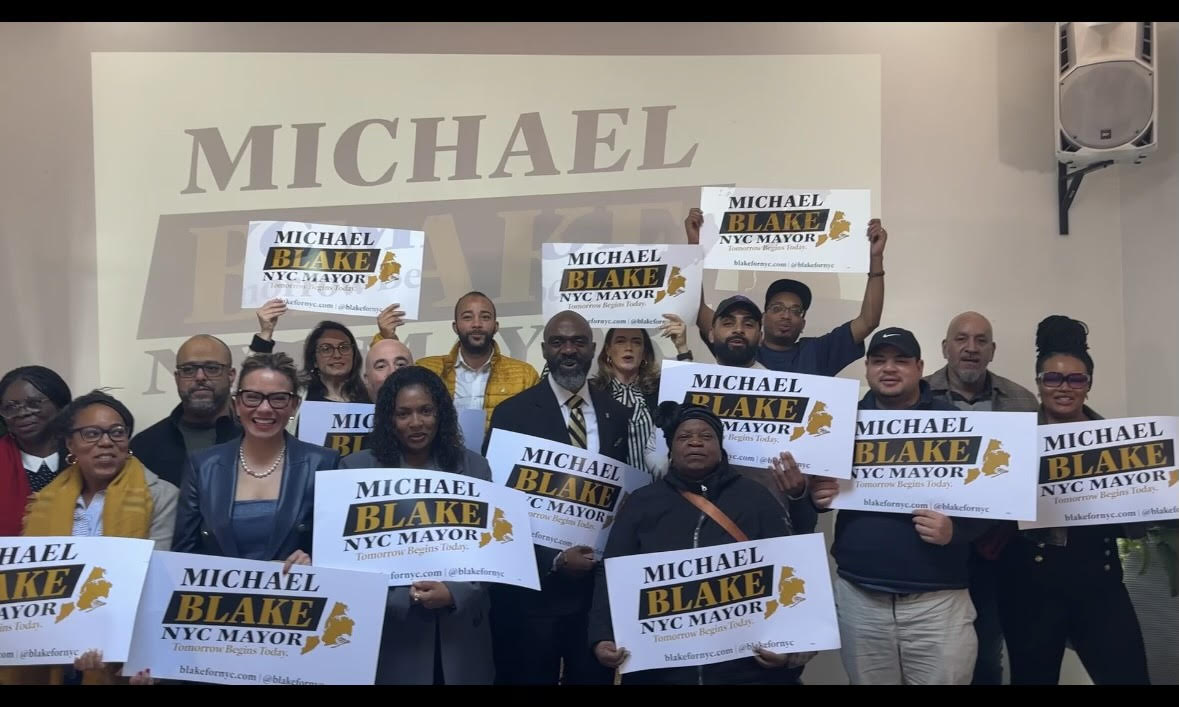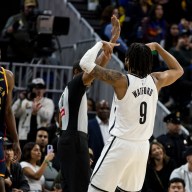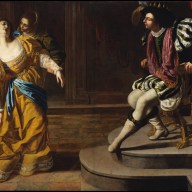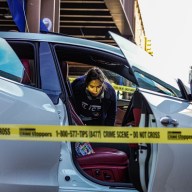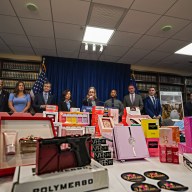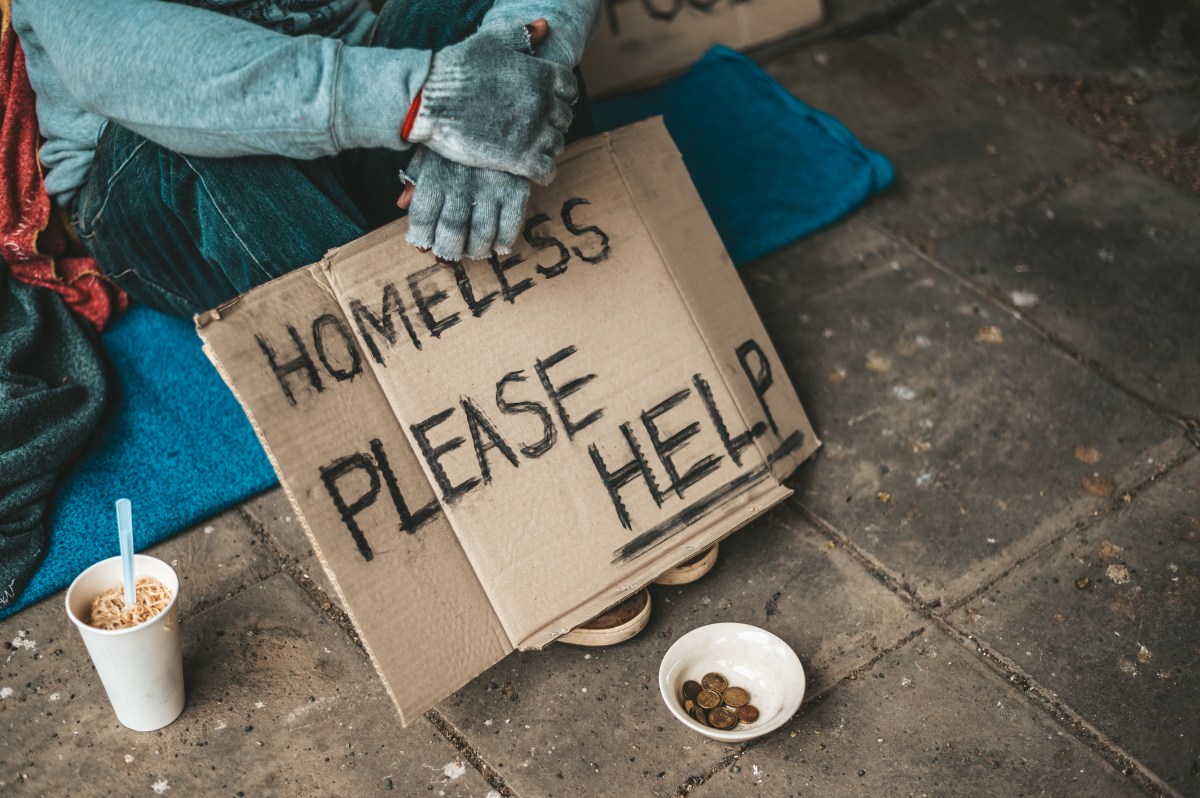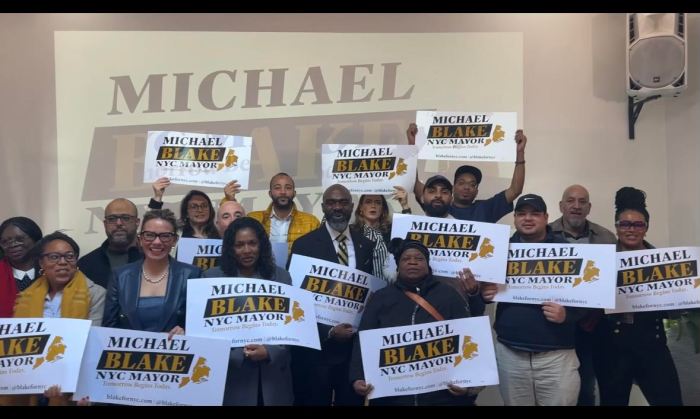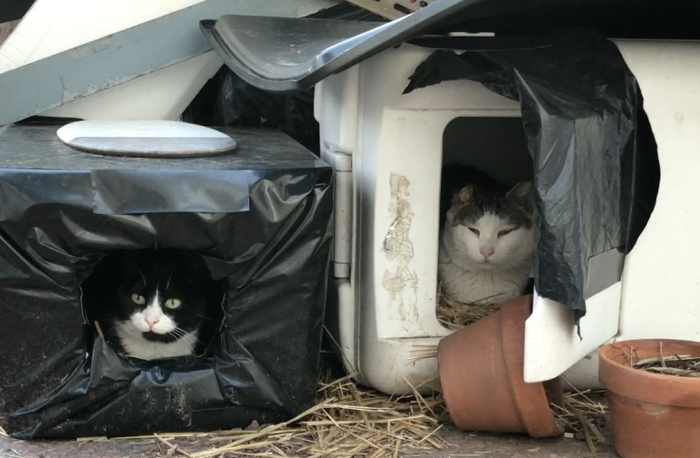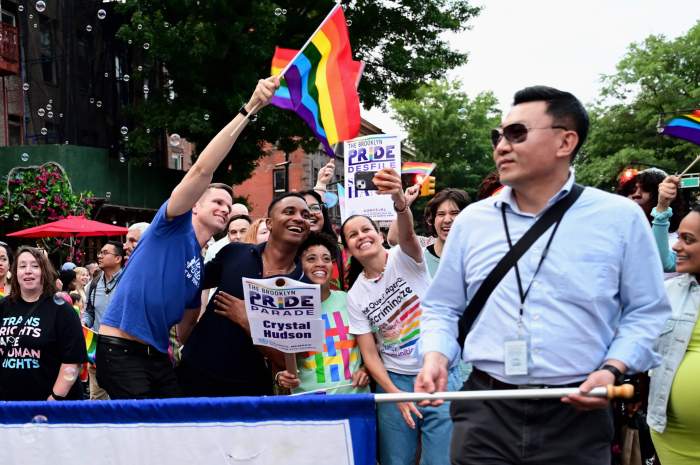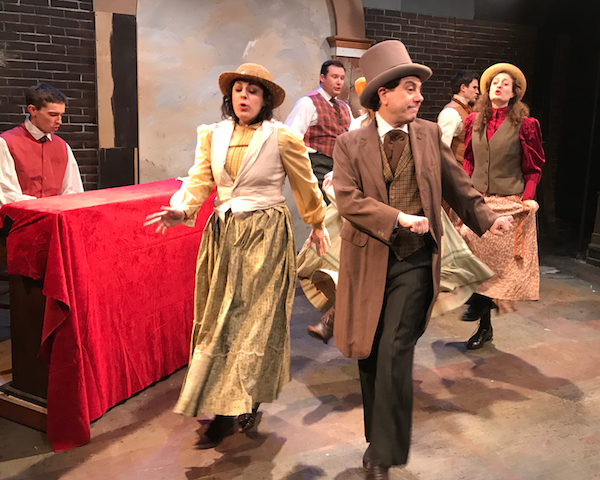
BY PUMA PERL | I’m one of those New Yorkers who loves authentic New York settings. If the Lower East Side is involved, even better. Sitting in the pleasantly funky Metropolitan Playhouse with its artistic director, Alex Roe, I immediately grasp that the backbone of the annual East Side Stories theater festival is its commitment to preserving and supporting the heritage through a marvelously inclusive format.
The festival consists of “East Village Chronicles,” a series of four one-act plays set in the neighborhood, and “Alphabet City,” six interview-based solo performances which tell the stories of long-term local residents. Both elements of the East Side Stories program — all of them world premieres —scrutinize and celebrate what Roe described as “famous, infamous, and everyday lives.”
The plays are generally submitted by emerging artists. A single director (this year, Michael Hardart) is chosen for “Chronicles,” which helps shape the program, and may include subtle threads — perhaps in the use of a specific prop throughout. Three of the four works that comprise this year’s “Transformation” theme are based on influential events and famous figures in Lower East Side history, including Peter Cooper, Fiorello La Guardia, Eleanor Roosevelt, and Janis Joplin. The contemporary offering, Jen Plants’ “The Bowery Waltz,” is described as “a comedy with dancing” (the title is derived from an imitation of a street fight between a drunken man and his equally inebriated female companion).
The storytelling project began 14 years ago, with a homeless man named Carlos Roman who hung out near the corner bodega. Roe had gotten to know him, and thought that neighborhood people might be interested in doing monologues based on their own lives. A friend suggested that actors conduct interviews and present the stories. Roman was the first participant, with Roe as the actor. He never attended a performance, but telling his story and impacting others made a difference in his life. They stayed in touch and he eventually found housing Uptown — “Not that we had anything to do with it,” said Roe. “I’m not saying this is transformational.” Though in my opinion, it just might be.
The list of people who’ve participated in the project includes fairly well-known LES denizens like “Mosaic Man” Jim Power and filmmaker Jonas Mekas, alongside people who have never been formally recognized. “There wasn’t a dry eye in the house when the story of a woman who works as an AIDS caregiver was told,” Roe recalled.
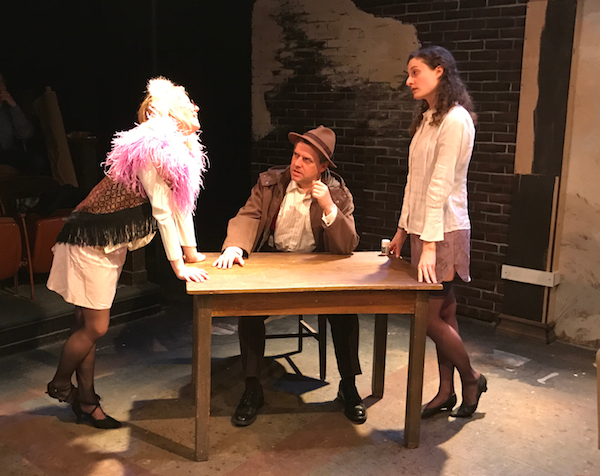
Actors audition for the project and identify their own subjects; some have a specific person in mind, for others it’s serendipitous. Often, there is no correlation in gender, race, size, or appearance. “It’s about capturing the essence of a person,” explained Roe. “The way they stand, how their voices sound; in terms of dress, we may choose a signature item. If you were portrayed, maybe it would be a hat like yours,” he told me.
I was wearing a hat only because I was en route to an appointment with my hairdresser, Joey Paulina — who, coincidentally, had been a subject several years back. He also works as a drag performer, the type who does backflips in gowns and stilettos. One evening, actress Sylvia Roldán Dohi stopped by Lucky Cheng’s (a Hell’s Kitchen drag restaurant formerly located in the East Village) looking for a subject. “It was mad cool to be seen as a rendition of what life in the East Village means, and being part of keeping it as it’s meant to be. Sylvia did a great job of slipping into my high heels!” Paulina said.
One of the interesting pairings this year is that of Jonathan Shaw and Julie T. Pham. Shaw is a world-traveling outlaw artist and novelist whose time as a master tattooist widely influenced the culture. Iggy Pop called him “the great nightmare anti-hero of the new age.” Actress Pham was born in Saigon to a family of entertainers who toured with various Vietnamese opera troupes. She had never even walked into a tattoo shop prior to meeting Shaw. So how did these two connect?
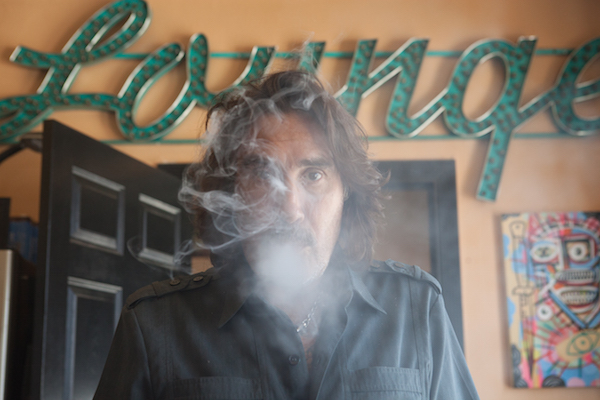
“I was visiting the city for pre-promotional meetings for my new book, ‘Scab Vendor: Confessions of a Tattoo Artist,’ ” said Shaw, “and happened to be hanging out in my old shop, Fun City Tattoo, when Julie walked in asking questions about the place’s history.” Pham had been wandering around the East Village hoping to find someone to interview for the project and noticed the shop. “I had never been in a tattoo parlor before, so why not now?” she remembered thinking. “Jonathan introduced himself as the former owner and was so talkative and helpful — so unexpected for someone you would find in a tattoo parlor!”
“It was a total coincidence that she happened along on a rare visit by me, since I just happen to be the living embodiment of the place’s history,” said Shaw. “I gave her a copy of my new book, referring her to the afterword, which sums up the history of the shop with my personal history. At this point, she must have realized what a fortuitous confluence of circumstances she was looking at by me just happening to be here. We walked over to Odessa and I gave her an initial interview and emailed her a bunch of press material related to the subject matter she was interested in, and the rest is history, as they say.”
Shaw was scheduled to fly out of the city in just several hours, so Pham “ditched dinner reservations and shared pierogies and tea with Jonathan.” She agrees with his assessment of the fortuitous circumstances. “I’ve found the most unlikely celebrity in the oddest place ever! Is this possible?” she recalled thinking upon meeting the multi-faceted Shaw. “I couldn’t believe how open, kind and generous he was to me. I was, and am still, in awe!”
Through April 23: Wed.–Sat. at 7:30pm; Sat. & Sun. at 3pm. At Metropolitan Playhouse (220 E. Fourth St., btw. Aves. A & B). Single tickets: $20 for adults, $15 for students/seniors, $10 for children under 18; Festival Pass: $40. For reservations, call 800-838-3006 or visit metropolitanplayhouse.org. Artist info at missjuliepham.com and facebook.com/jsfuncity.
